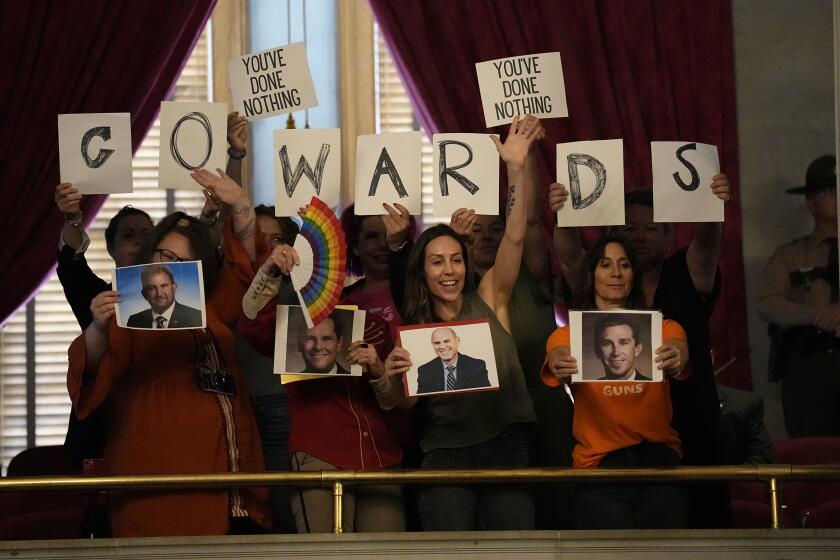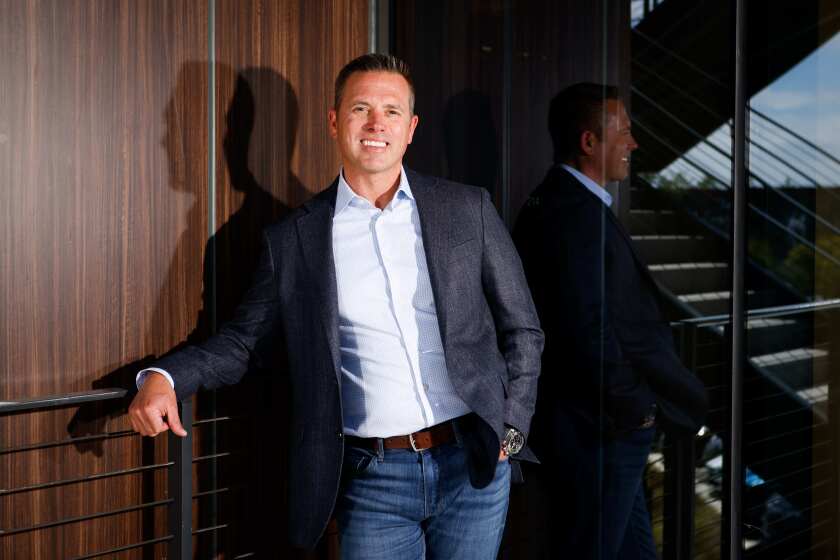Does employer have duty to keep remote workplace safe from criminal conduct?

A California employer has a statutory duty to provide its employees with a safe and healthful workplace. During the pandemic, employers have fulfilled that duty largely by adopting policies and practices designed to limit the spread of the coronavirus in the workplace.
The duty to provide a safe workplace also includes the duty to take reasonable steps to prevent workplace violence. In Colonial Van & Storage, Inc. v. Superior Court, the California Court of Appeal recently ruled that this aspect of the duty does not “include ensuring that an off-site meeting place for coworkers and business associates like an employee’s private residence is safe from third-party criminal harm.” This, said the court, was “an issue of law that is of paramount importance to public welfare during the current COVID-19 pandemic,” when so many employees have been working remotely.
Facts
Carol Holaday and her husband Jim Willcoxson worked in Fresno for Colonial, a moving and storage company. Holaday, a supervisor, worked at home at her discretion. Holaday often had coworkers to her home, sometimes for work.
Holaday’s son Kyle, a 26-year-old war veteran who suffered from post-traumatic stress disorder, was unemployed and lived at home. Kyle had a history of misusing firearms.
One night, Holaday and Willcoxson hosted Crystal Dominguez, a coworker in the Fresno office, for dinner. Joining them were Rachel Schindler, who worked at a different moving company that worked with Colonial, and her baby. In addition to socializing, the four adults networked and did work. Kyle was at home.
Kyle suddenly appeared with a handgun and began firing, killing Willcoxson and wounding the others.
Dominguez and Schindler sued Holaday and Colonial.
Colonial’s defense
Colonial claimed it owed no duty to Dominguez and Schindler because it did not own or have control over Holaday’s home. Colonial also argued it could not be liable to plaintiffs because the shooting was unforeseeable.
Ruling
The court of appeal ruled that the trial judge should have summarily dismissed the claims against Colonial. There was no evidence Colonial in any way controlled Holaday’s home by, for example, setting specific hours for employees to work at the home or paying for landscaping or a security system. It was not enough that Colonial may have benefited in some way from the work done that night.
Even if Colonial did have some control over Holaday’s home or if Dominguez’s employment relationship with Colonial imposed a special duty to protect her, the court concluded it “would be entirely unfounded and unfair” to subject Colonial to liability for this “once-in-a-lifetime shooting rampage.”
Colonial didn’t know Kyle’s presence at home posed a threat to employees working there. Kyle had never before threatened or attacked Colonial employees. Colonial was unaware of any third-party criminal acts by anyone against working-at-home employees “that would have portended this particular assault.” Moreover, no amount of enforcement of, or training on, Colonial’s workplace violence policy would have prevented or deterred the attack.
The court of appeal also concluded that to impose a duty on employers to keep employees working from home safe from third-party criminal conduct was contrary to public policy. First, imposing such a duty would compel employers “to undertake costly and time-consuming measures — among them, inspecting the home for weapons and other safety hazards, vetting all residents and visitors, and monitoring the daily activities of residents, visitors, and the conditions of the home at least during working hours.” Such a duty also could include installing security systems inside and outside the employee’s home.
These financial and operational costs would be coupled with social costs, said the court. “Employees would have to be willing to accept the employer’s intrusions unto their daily lives, the modifications to their homes, and working in a state of siege.” Employees would have to sacrifice the privacy of their home environment to remain employed.
The court rejected plaintiffs’ suggestion that employers could avoid liability under these circumstances by prohibiting employees from working from home. First, sometimes, as with the pandemic-related stay-at-home orders, some employees may have to work from home. Second, such a rule would impose undue burdens on employees ill-equipped to pay others to perform child or elder caregiving responsibilities they may have at home.
Plaintiffs’ claims against Holaday were unaffected by the ruling dismissing Colonial from the case.
Conclusion
The wrong lesson to draw from the Colonial case is that employers have no duty to provide a safe and healthful workplace for their employees who work remotely. But the duty, whatever its scope, excludes protecting employees from unforeseeable criminal conduct.
Dan Eaton is a partner with the San Diego law firm of Seltzer Caplan McMahon Vitek where his practice focuses on defending and advising employers. He also is an instructor at the San Diego State University Fowler College of Business where he teaches classes in business ethics and employment law. He may be reached at eaton@scmv.com. His Twitter handle is @DanEatonlaw
Get U-T Business in your inbox on Mondays
Get ready for your week with the week’s top business stories from San Diego and California, in your inbox Monday mornings.
You may occasionally receive promotional content from the San Diego Union-Tribune.






